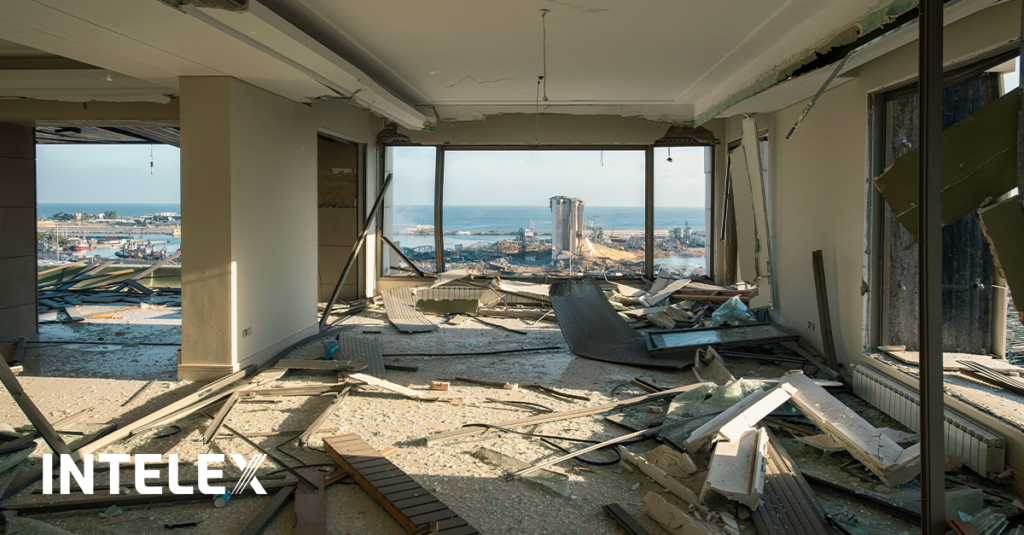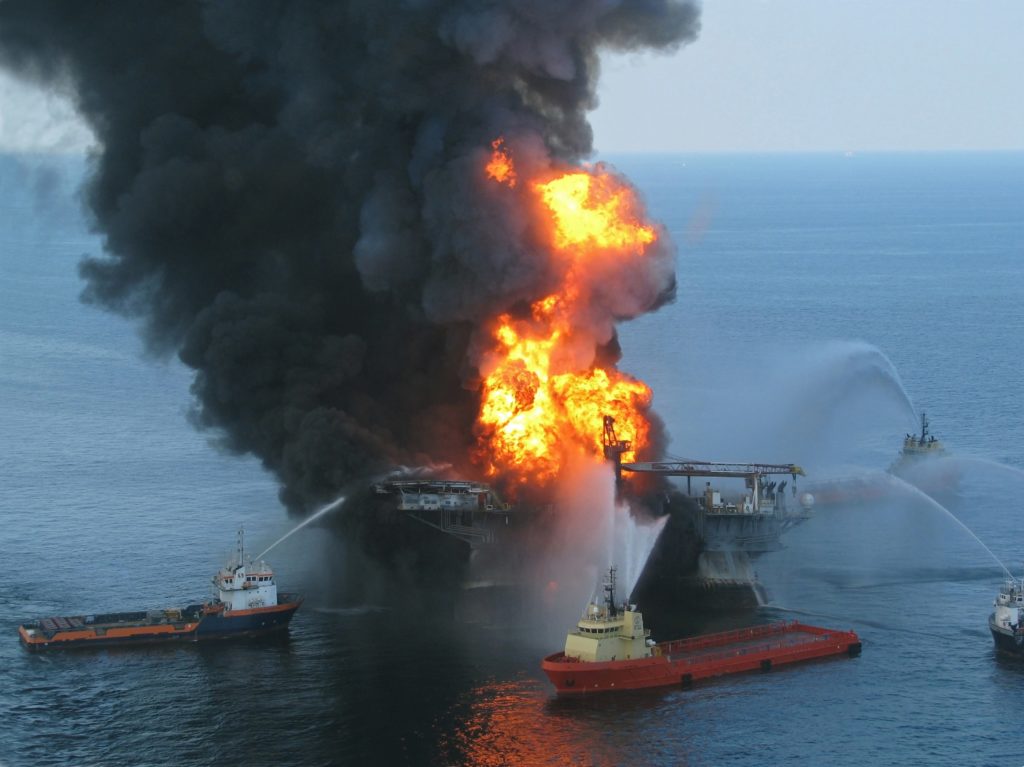
On September 26, 1983, the Soviet early warning system detected the launch of five intercontinental ballistic missiles (ICBM) from the United States. Rather than launch an immediate retaliation—which was the standard protocol—the Soviet commander on duty, Stanislav Petrov, determined that an attack by the United States would most likely involve an overwhelming number of ICBMs, not a handful. Petrov decided that the launch detection was a computer malfunction and did not issue orders for a nuclear counterstrike, despite not having the computer access to prove his belief. Petrov was proven correct when the American missiles did not arrive. In subsequent interviews, Petrov credited his training with providing him with the critical thinking skills to assess and judge the probabilities of the situation. Today he is recognized as the man whose clear thinking in a stressful situation helped prevent a global catastrophe.
While the consequences of poor training aren’t as high … Read more...









